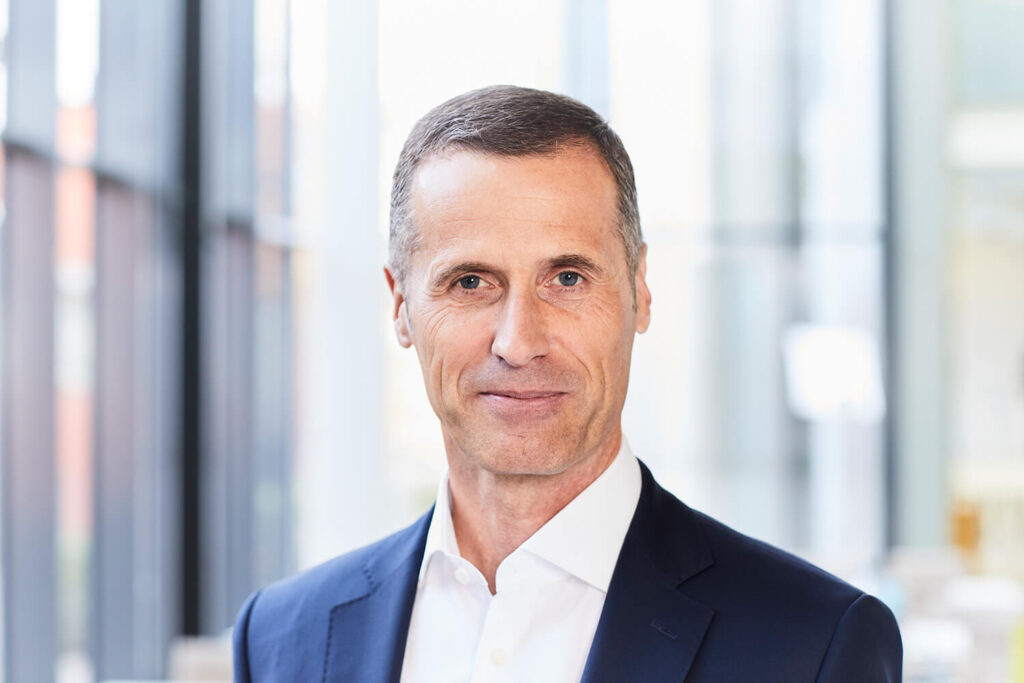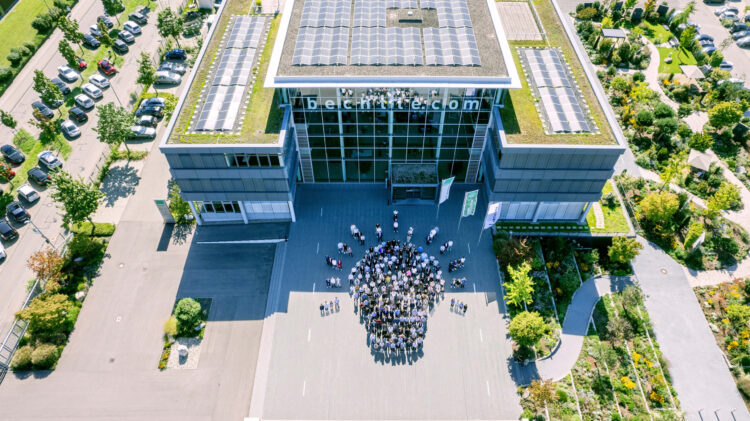Bechtle has flagged the European NIS2 Directive as one of several hotspots that could revive its fortunes following a weaker-than-anticipated first-half performance.
Europe’s second largest reseller behind Computacenter this morning stressed it remains “optimistic” for the full-year, despite logging a drop in Q2 revenues and profits.
Echoing a trading update issued last month, Germany-based Bechtle said it no longer expects to grow in 2024.
Despite this, Bechtle sees “very good growth opportunities” in the medium and long term, CEO Dr Thomas Olemotz emphasised.
Will NIS be a second-half hit?
Bechtle is looking to IT infrastructure replacement driven by Windows 10 to help it generate “stronger growth” in its second half.
“Moreover, the European NIS2 Directive is driving cybersecurity forward and, with more than 500 specialists, Bechtle is very well positioned in this business segment,” it added of the new legislation aimed at ensuring common cyber practice across the EU that kicks in on 17 October.
Digital transformation, the expansion of multi-cloud and managed cloud services, and the use of AI in various fields of application continue to be major business drivers, Bechtle added.
“SMEs and public sector clients have considerable catching up to do when it comes to modernising their IT. Although investments are currently being postponed, they will come- and Bechtle is well-prepared for them,” Olemotz said.
No growth for now
Looking at Bechtle’s Q2, EBIT was down 11.9% to €84.7m and revenues down by 2.3% to €1.47bn. Business volumes rose 0.9% to €1.83bn.
For the wider first half, EBIT fell 4.7% to €168.8m, with revenues down 2.3% to €2.98bn and business volumes up 2.2% to €3.7bn.
Bechtle’s domestic revenues fell 5.7% in the first half to €1.75bn. International revenues – which would have been bolstered by its March 2023 acquisition of UK reseller Tangible Benefit – rose 2.9% to €1.23bn.
Neckarsulm-headquartered Bechtle now expects full-year business volume, revenue, EBT and EBT margin to remain at the previous year’s level.

“We are comparing our second quarter with a very strong previous year. However, there was less demand from SMEs throughout the quarter and particularly in June this year,” Olemotz said.
“In view of the economic challenges, we are currently cautious when it comes to expanding our workforce. Our focus is much more on efficiency gains in our internal business processes, which we’d like to achieve through digital transformation and artificial intelligence.”















